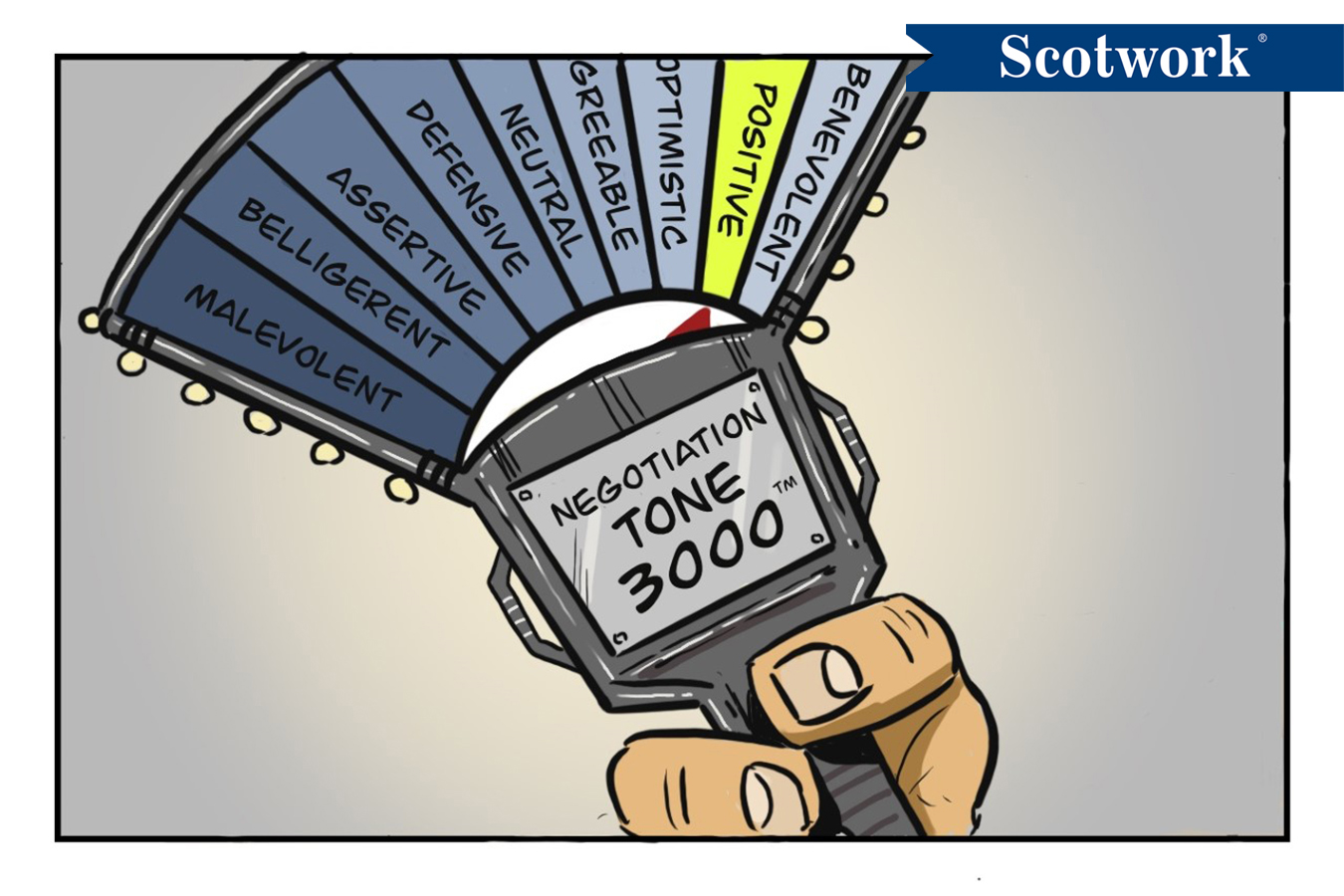These days, we rarely see positive outcomes from meetings between politicians on opposing sides of the aisle. But the first meeting between President Biden and Speaker of the House Kevin McCarthy, regarding the debt ceiling, seemed to be productive, and it set an optimistic tone of cooperation. The tone we set can have a significant effect on our negotiation and how each party approaches talks. Skilled negotiators know how to use tone to their advantage.
If you’ve followed politics recently, then you’re aware that McCarthy battled through 15 rounds of voting to become Speaker. As a negotiator, he’s in a tough position. His party is divided, and his own power is in question. Those two factors alone could cause a negotiator to become very competitive as they try to win the favor of their stakeholders and demonstrate their strength of power.
Likewise, President Biden’s approval numbers have been near their lowest level recently. Dealing with an uncertain economy, criticism over possession of classified documents, and assorted global issues, he could’ve easily tried to win favor by taking a more aggressive stance.
Had either of them taken a more competitive posture after their meeting, I suspect that tensions would’ve risen rapidly and battle lines been drawn. That, in turn, could’ve resulted in any of the following negative negotiation practices moving forward:
- Lack of information-sharing
- Each side less inclined to disclose priorities
- General unwillingness to be flexible
- Participants unable to be creative
- Both sides seeking wins instead of progress
- Talks turning into battles over control of the negotiation process
- Lots of persuading and convincing
- Very little curiosity
Any of these practices, especially in combination, would slow the negotiation and ensure a less-than-ideal solution — for both parties — being agreed to.
A more positive tone can produce the exact opposite results:
- Collaborative information-sharing
- Disclosure of priorities
- Willingness to be flexible
- Better position to be creative
- A concerted effort to move the negotiation forward
- A focus on getting a deal, as opposed to control
- More trading, less persuasionLots of questions and exploration
Generally speaking, these practices lead to more expeditious agreements that are of greater value to both parties.
As for Biden and McCarthy, there’s no telling if the positive tone will continue. Still, following their first meeting, it’s a good sign. For all our sakes, let’s hope for the best.
We Can Help Your Negotiators Use Tone to Their Advantage.
Is a negative tone at the negotiating table slowing your team’s talks while ensuring a less-than-ideal solution for both parties? We can help! Drawing on nearly 50 years of real-world negotiating experience, we’ll assist you with getting better deals, saving time, and creating value for all involved — not to mention preserving and even strengthening relationships. Let us partner you with one of our advisers, ensuring that you’ve got the broadest view of your deal.

